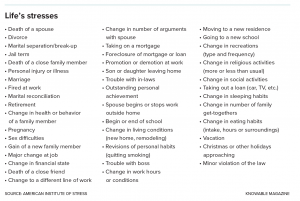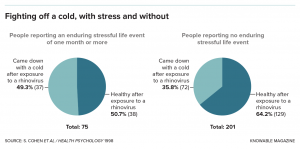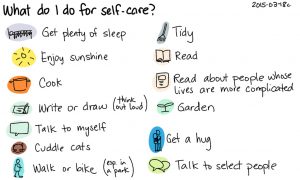Our brain stores both good and bad memories. They don’t stay still and can fade away as time lapses. But every time when you happen to recall those bad moments in your brain, you might be overwhelmed with the come back of those “nightmares” and hope to wipe them out from your mind forever. In worse cases, this can even cause a mental illness that 1 in 5 Canadian adults will personally experience in their lifetime.
A recent study suggests that by applying an electrical shock to the brain shortly after recalling a troubling event will help a person forget many of those upsetting details. Particularly for people with severe anxiety, post-traumatic stress disorder or depression, findings from the study can inspire the creation of more effective treating methods to help these people ease their mental burden, with the side effects on memory minimized.
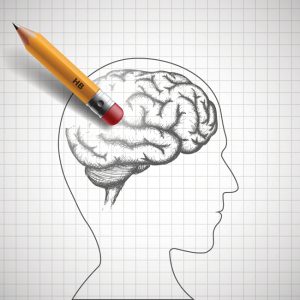
Erasure of negative memories one step closer to reality by Neale McDevitt; Image Source.
More Controllable Electroconvulsive Therapy(ECT)
Electroconvulsive therapy(ECT), an effective but commonly-held risky treating method was applied to 42 depression patients in the study, where their brains were jolted with a powerful electrical current under anesthesia. First, participants watched a series of pictures as they heard a narrator describe two upsetting stories. The first one was a car hitting a young boy and severing both of his feet, and the other was a woman being attacked in an alley. One week after they first heard the stories, they were asked to recall and describe the details of one of them. Immediately after recalling the story, the patients were anesthetized and treated with ECT. A day after that, participants were asked to take multiple-choice tests about the story.
The results have shown that participants performed no better than chance at remembering the details of the story that had been recalled just before ECT. But they were better at remembering the other story that hadn’t been recalled just before ECT.
“Scientists and patients know that ECT is bad for memory in general, but the results showed that the therapy, when carefully timed, can knock down specific memories”, says the study co-author Marijn Kroes of Radboud University Nijmegen in the Netherlands.
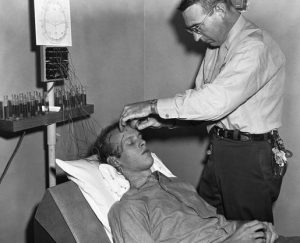
‘Shock Therapy’ Could Erase Disturbing Memories by DNEWS; Image Source
“Elegant” Results
However, given the positive results for erasing specific bad memories, the study was queried and deemed as “elegant” by Daniela Schiller, a neuroscientist at Mount Sinai School of Medicine in New York. One disturbing factor is the uncertainty concerning whether ECT could interfere with natural memories, created in a person’s daily life and not in a lab.
Overall, ECT at this stage is still not applicable to simple memory erasing, and more clinical testing is required for wider applications. But for patients undergoing treatment for depression or other severe mental problems, ECT can allow them to gain control over crippling memories. This is to say, a person can better protect their good memories by not thinking about them prior to the treatment, yet try to recall those unpleasant ones with the hope that they would be weakened selectively.
Leqi(Nancy) Wan


